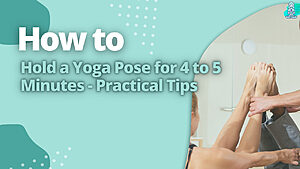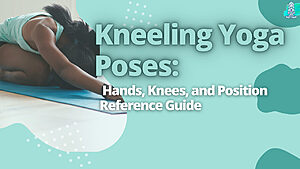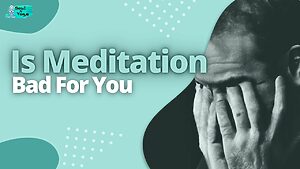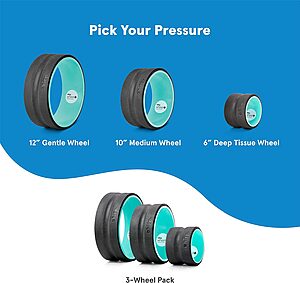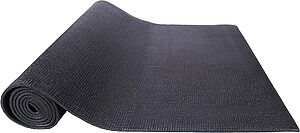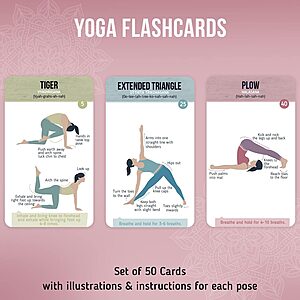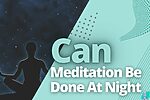Do you ever wonder if it’s possible to do meditation after exercise? In this post, we’ll look at whether it’s possible to meditate after exercising and, if so, how to do it.
Most people enjoy doing some type of physical activity, like running or yoga. But there are times when it might not be possible to fit in a workout.
If you’ve been wondering whether it’s possible to do meditation after exercise, the answer is yes!
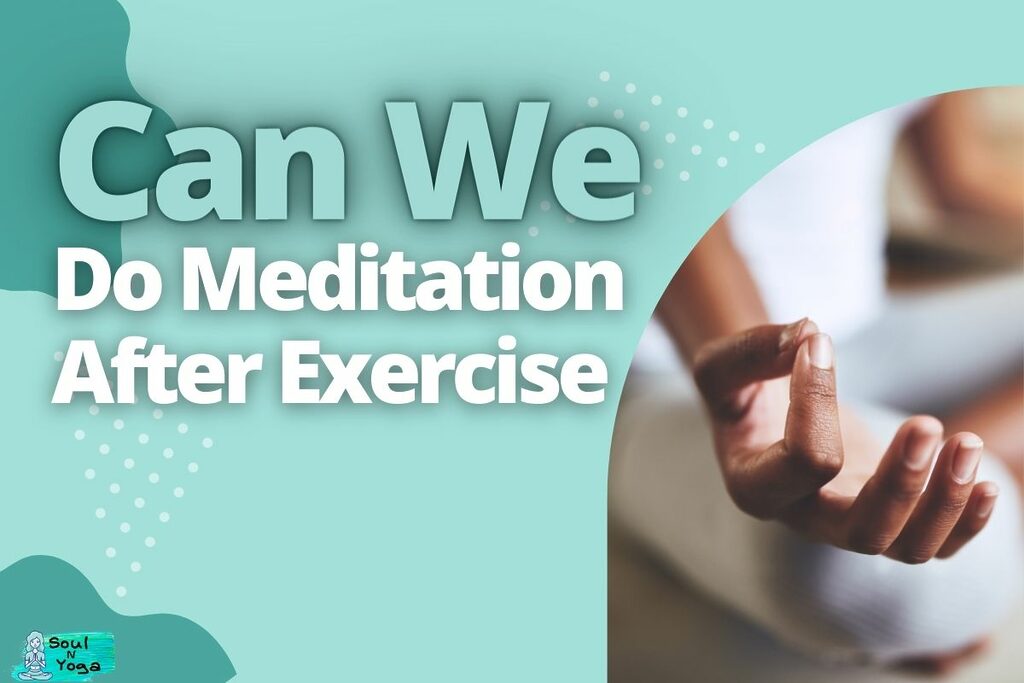
Here’s The Answer To Can We Do Meditation After Exercise
Yes, you can do meditation after exercise. However, it’s essential to cool down and relax your body before you start meditating. Generally, meditating is best when you’re rested, relaxed, and refreshed.
According to research, meditation can help lower inflammation, stress, and anxiety. While beginning your day with a calming practice is ideal, you can benefit from meditation at any time of the day.
Essentially meditation after exercise can help you unwind and de-stress a workout while also improving your mood. The best moment to meditate is just after working out, when your body and mind are both at ease.
Meditation does not interfere with the benefits of exercise and can even help to make them more lasting. Admittedly, it’s probably not a good time to try and mediate if you’re feeling exhausted.
When Should You Do Meditation After Exercise?

Many experts recommend meditating after exercise.
- This is because exercising can help to reduce stress and release tension from the body, making it easier to relax and focus during meditation.
- Exercise can also help to regulate cortisol levels. The body releases the stress hormone cortisol as a reaction to either physical or mental stress.
- Cortisol overproduction can harm health, including despair, anxiety, and weight gain. Therefore, by meditating after exercise, you can help to reduce your overall stress levels and improve your overall health.
- It’s crucial to begin your meditation practice, even if it’s just for a few minutes per day if you’re new to it. As you get more accustomed to the practice, you can gradually lengthen your meditation sessions.
Finding a comfortable place to meditate is also essential, such as a quiet room or outdoors in nature.
How Meditation Helps You Recover From Exercise
While meditation might seem like the last thing you want to do after a workout, it has many benefits. You can recuperate from exercise by practicing meditation in several ways, including the following:
- Meditation helps you relax, making your muscles feel less sore and tired.
- Meditation helps reduce stress, which is one of the leading causes of muscle pain and injuries.
- Meditation increases focus on your body and how it’s feeling during exercise, making it easier to avoid injury when exercising or doing other physical activities.
- Meditation reduces anxiety about working out by clarifying why we need to work out first.
Benefits of Meditating After Exercise
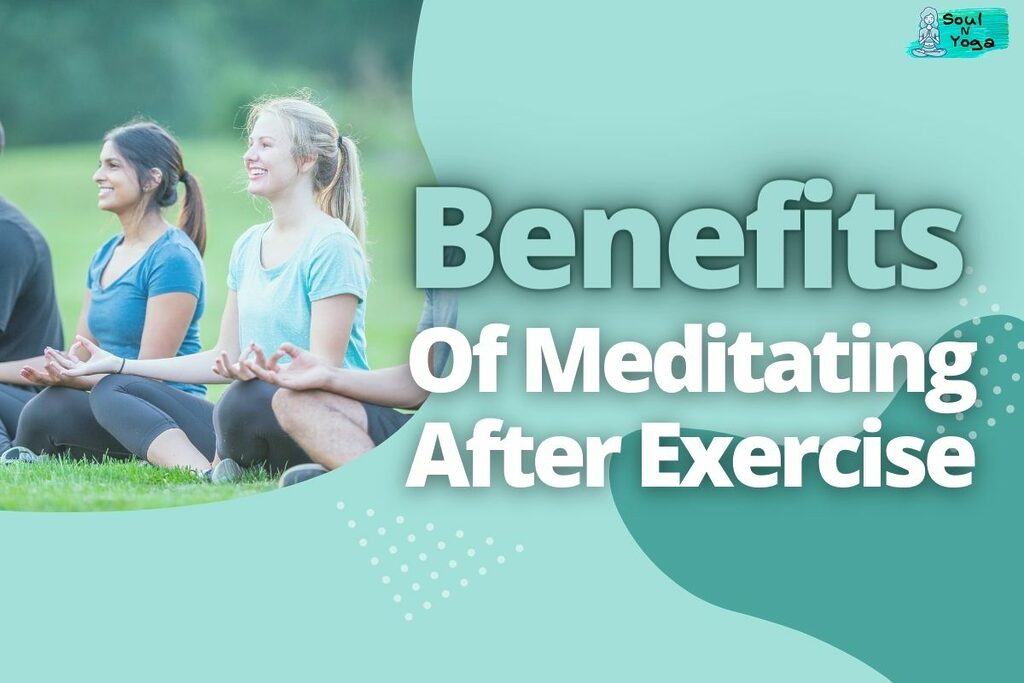
There are numerous benefits to meditating after exercise. Studies have shown that mindfulness can help ease the stress of exercise and improve both your mental health and physical well-being.
We’ll look at some of the most significant benefits of meditation after exercise for our health, such as how it can make us feel more at ease and less anxious.
Benefits include:
- Improved relaxation and sleep quality
- Reduced stress levels
- Increased mental clarity and focus
How Long Should You Meditate After Exercise?
While some people may find that they need to meditate for only a few minutes after exercise, others may find that they need to meditate for longer. Ultimately, it is up to the individual to determine what works best for them.
However, if you are doing meditation for other purposes, such as improving your focus or concentration, you may want to meditate for longer.
There are many different types of meditation, and each can have other effects on the body.
For example, some types of meditation can help to lower your heart rate and blood pressure, while others can help to increase your endurance and muscle strength.
If you are new to meditation, it is essential to start with regular practice. You can begin by meditating for a little while and then progressively extend your daily meditation sessions.
How To Prepare For A Meditation Session After Exercise?
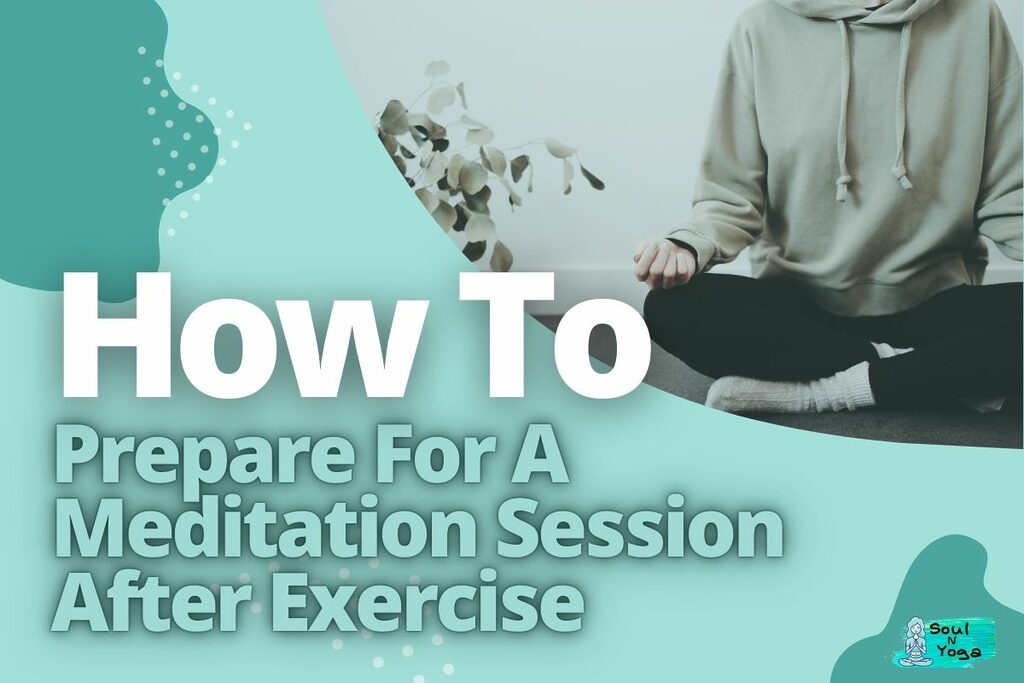
When you are preparing for your meditation session after exercise, you might want to consider the following:
- Get a good night’s sleep. It’s crucial to ensure your body is rested and prepared for meditation.
- Take a warm shower and drink lots of water before starting your meditation session. This will help with circulation and breathing, which are very important during meditation.
- Eat a healthy meal before meditating (or at least eat something light if you cannot prepare yourself any other way). You want to ensure that all systems are firing correctly so they can work together when exerting effort during exercise or other physical activities performed throughout the day, such as walking or running errands around town, etc.
Hydrate
- Drink water before exercising. To help your body prepare for exercise, drink 16 to 20 ounces of water about 30 minutes before you begin. If you’re thirsty during an exercise session, drink 4 to 8 ounces (about 2 cups) of fluid every 15 minutes.
- Drink water during exercise. During workouts of all intensities and durations, you need to replenish the fluids lost through sweat and respiration. Even short walks or stretches count! Drinking 6-8 ounces (1–2 cups) of liquid while exercising is the best method.
- After exercising, replace any lost electrolytes with a sports drink or other beverage that contains sodium and potassium in addition to carbohydrates and protein. These help replenish glycogen stores (which provide energy), prevent muscle cramps and soreness, and reduce nausea caused by overexertion during competition or training sessions.
Freshen Up
After a strenuous workout session, taking a shower to freshen up before starting your meditation is essential. This will help you to feel relaxed and comfortable while sitting in meditation.
It is also essential to change into clean clothes before beginning your session. Your body will feel rested and uninhibited as a result of this.
It is recommended to wait at least an hour after a workout to meditate. This provides both your body and mind some time to calm down.
If you are a beginner, it is best to start with shorter sessions and gradually increase the length of time you meditate. Postworkout meditation has many positive effects, including reducing stress, improving sleep, and aiding in weight loss.
Regular exercise and meditation are essential for achieving fitness goals and maintaining a healthy body and mind.
Change Into Comfortable Clothes
If you’re meditating for a long time, your clothes matter. You want to wear something comfortable and easy to move in. Avoid wearing anything too tight or restrictive while meditating.
Make sure your clothing is loose-fitting so it isn’t an additional distraction from the task. For example, a pair of yoga pants might be nice because they’re easy to take off when nature calls (or if you need some food).
Choose A Calming Environment
Now that you know that meditation can be done after exercise, it’s time to choose the right place and situation.
- Pick a quiet location where there won’t be any interruptions. Distractions like your phone or TV should be avoided, and it should be quiet. You want to feel comfortable so that you can focus on your breathing and relax during your meditation session.
- When doing your seated poses, ensure adequate space around you so that you don’t unintentionally kick or bump into any nearby objects or people (asanas).
- To reset our circadian rhythm after exercising at night, find a space with natural light, such as an open window or skylight if available!
Get In A Comfortable Position
Sit with your back straight and place your feet flat on the floor to get in a comfortable position. You can also cross your legs if you prefer. Place one hand on each knee and close your eyes.
Relax every muscle in your body; this will help you feel more relaxed when meditating. If you’re just starting with meditation, it could be beneficial to concentrate on how it feels to take deep breaths through your nose.
Some people find that focusing their attention on sounds around them is helpful. Just be aware of these things without letting them distract you too much from what’s happening inside you at any given moment.
Focus Your Mind
- Focus on your breath.
- Focus on the sensations in your body, like warmth or coolness.
- Focus on sounds around you.
- Focus on thoughts in your mind and let them pass away without judging or getting involved with them (thoughts about anything from work to your relationship with your family).
- Keep an eye on any visuals that pop up in your head (such as recollections or fantasies), but try not to let them consume you. Let them pass away without judging any part of them as good or bad, right or wrong. Just let go and observe it passively for a moment before focusing on noticing what is happening right now—your breathing, the sensations in your body, etc.
Will There Be Any Adverse Effect If We Meditate After Exercising?

There are no negative consequences to be concerned about. Meditation will not in any way have any negative impact on your body after exercise. It is a fantastic method to unwind and aid your body in recovering more quickly from physical exertion from training.
Many people also find that meditation helps them sleep better at night, another benefit of doing it after a workout session!
How To Avoid Any Effects?
You can avoid any effects by:
- Avoid strenuous exercise.
- Avoid exercise that makes you breathe heavily.
- Avoiding activity that makes you sweat.
- Avoid activity that makes you feel exhausted, light-headed, or nauseous.
What Are The Tips For Doing Meditation After Exercise?
- Sit in a comfortable position.
- Meditate for short periods.
- Meditate until you are calm and relaxed, and then stop your meditation.
- Repeat this process daily, if possible.
The key to success is consistency—the more consistent you are with your practice, the faster you will experience benefits from it!
Common Misconceptions about Meditation After Exercise
There are a few widespread myths regarding meditation and its potential benefits. Let’s go over them:
- Meditation is not a religion
- Meditation is not a cult
- Meditation is not a magic potion or quick fix for all of your problems (although it does have the potential to make you feel better)
- You don’t need to be part of any group or club, nor do you have to join anything to meditate. You can practice at home or wherever else feels best for you. If there are other people around who also want to try out meditation, that can be helpful!
Conclusion
In the blog post, it was discussed that we should not try to meditate immediately after exercising. It was mentioned that we need to give our bodies time to recover and that doing meditation right after exercise is a bad idea.
It was also mentioned that meditation right after exercise will only cause our bodies to become more tired and stressed.
Finally, it was mentioned that we could do meditation immediately after exercise to reduce the time it takes for us to recover.
Thank you for reading this blog post! If you’re looking for more great content, check out our other blog posts on our website. You can also follow us on our social media and keep following us for new topic updates!
Frequently Asked Questions
Can I meditate before exercising?
You can meditate before working out, yes. It will assist you in maintaining mental and physical calm while exercising, which is crucial for avoiding accidents.
Can I focus on my mind after a rigorous exercise?
Yes, you can focus on your mind after a rigorous exercise. An intense workout stimulates the body and brain, making concentrating and focusing easier.
What are the precautions of doing meditation after exercise?
Exercise triggers the release of beta-endorphins, a hormone that makes you feel happy and relaxed. These feelings can leave you feeling tired, and meditation is a great way to wind down from this tiredness.
What can meditation help you achieve after exercise?
The practice of meditation can help you achieve more excellent balance in your life, as well as a sense of calm and well being. Meditation can also help with stress reduction and pain management, improving sleep and brain health. Combining exercise and meditation is one of the best ways to foster a healthy body, mind, and spirit.
My name is Mugen Seki, and I’m a painter and yoga enthusiast who is passionate about bringing together art and exercise in ways that help people connect with their inner selves. When I’m not painting, I’m practicing yoga. And when I’m not doing either of those things, I’m usually thinking about them.
- How to Hold a Yoga Pose for 4 to 5 Minutes – Practical Tips
- A Guide to Finding the Perfect Yoga Mat for Carpet Floors
- Kneeling Yoga Poses: Hands, Knees, and Position Reference Guide
- Is Meditation Bad For Christians (The Surprising Answer)
- Is Meditation Bad For You (Don’t Believe Everything)
- Will I Get Better At Meditation (Understand The Secret)


